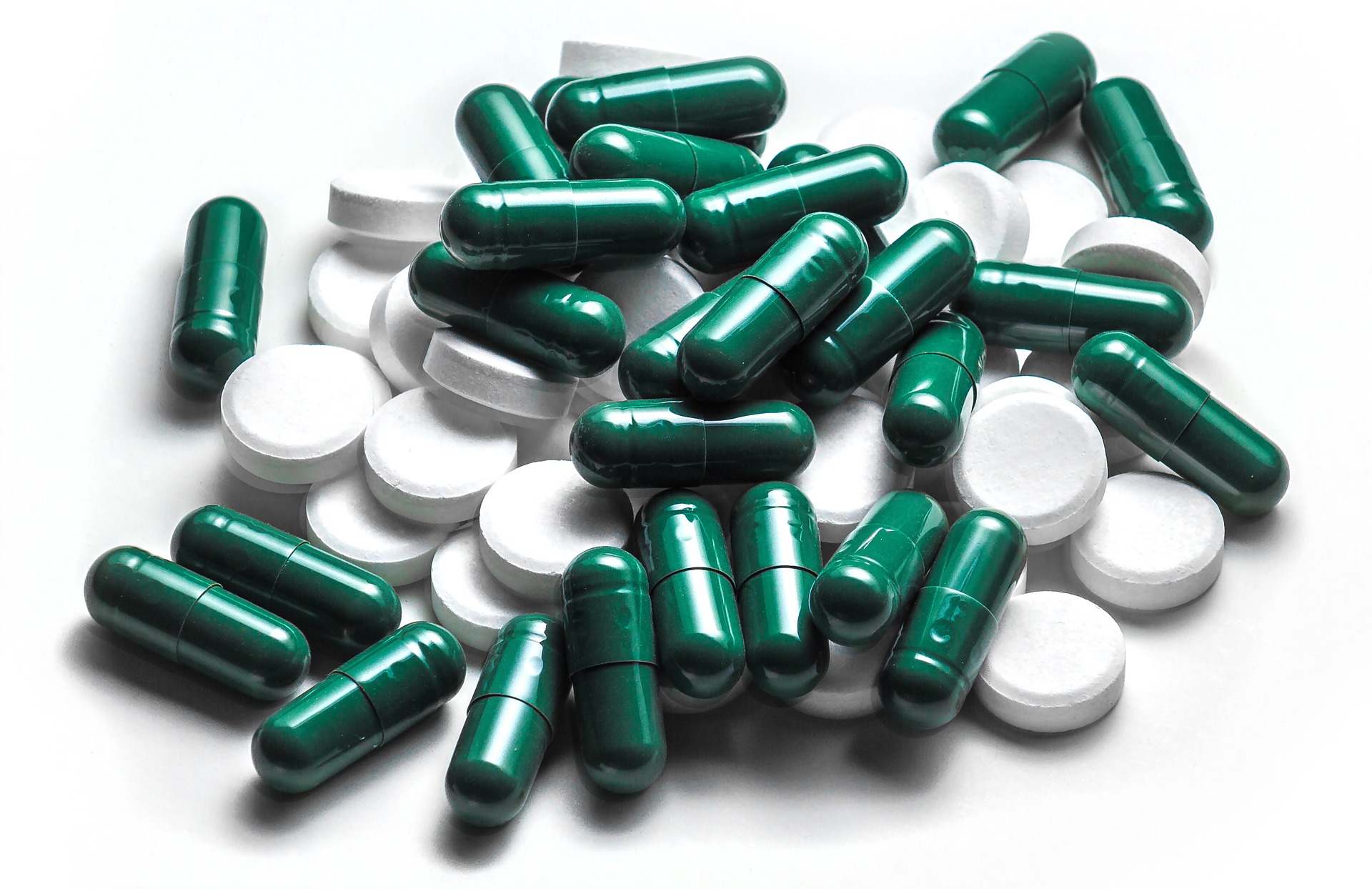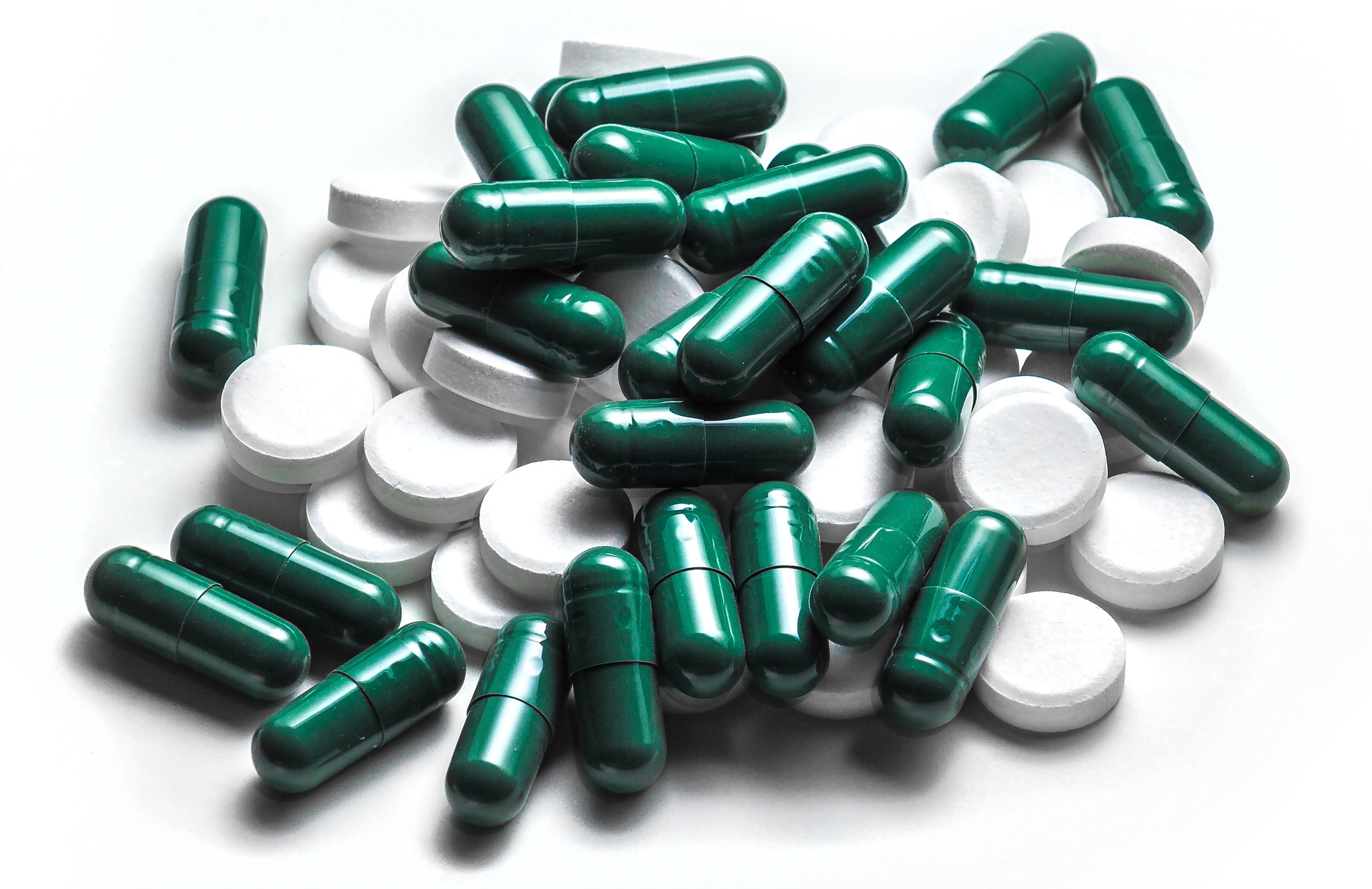
An analysis of Warning Letters and other FDA communications over the past five years reveals a few key mistakes pharmaceutical, medical device and other regulated companies are making time and time again in relation to supplier quality and validation.
From poor recordkeeping to a lack of regular, on-going monitoring, FDA’s increased scrutiny over supplier oversight and qualification for manufacturers makes it crucially important to not only be aware of the problems investigators look for, but how to prevent those issues in the first place.
[Read Also:] 6 Reasons to Get Expert Help When Handling Warning Letters & FDA 483
We’ve gathered the six most common supplier issues along with tips from compliance and regulatory experts on how to mitigate potential issues from developing into costly problems.
1. Inadequate Supplier Control Records & Documentation
The importance of complete, detailed documentation can’t be understated. FDA relies heavily on written evidence when conducting quality inspections to ensure what you say is really what you do.
In the case of suppliers, issues with control records span many types of documentation, including:
- A lack of supplier criteria in the form of contracts or agreements
- Incomplete CAPA related to suppliers and vendors
- Out-of-date Approved Vendors Lists (AVLs)
- Incorrect revision levels on drawings, formulations, etc.
No matter how complete a SOP is, it’s important to remember that it is simply a plan of what you intend to do—not proof that you’ve actually done it.
Companies should have a process in place to clearly manage records and provide clear proof of actions related to your SOP. Similarly, SOPs should make clear references to the records produced when procedures are followed.
When combined with routine internal audits conducted by quality professionals, you have exactly the kind of system FDA investigators want to see.
2. Uncertainty Between Internal and External Suppliers
One of the most common points of concern for companies using multiple sites is when to treat them as a supplier versus an internal component of their company. Across all FDA-regulated industries, regulators have set the same expectations.
[Read Also:] The Differences Between GCP, GLP and GMP Audits
In short, if a site or subsidiary is not covered by a company’s internal quality audits, it’s a supplier regardless of what it’s referred to internally.
3. Poor Supplier Criteria
Short of needing a complete quality system for each of your suppliers, FDA expects companies to have clear criteria in place to determine a supplier’s ability to meet specified requirements, including those under the umbrella of quality.
It is critical to take a risk-based approach in establishing supplier criteria. Those suppliers whose component or ingredient is critical to the safety and/or efficacy must get the highest level of scrutiny.
More specifically, FDA expects to see documented requirements for each supplier. This could entail any number of factors, including requiring prior experience in providing materials or services, particular stipulations concerning how their business is established, or a number of other standards for reliability.
Consider supplier criteria in terms of the factors that relate to the items and/or services you source. Once a set of standards in place, evaluate suppliers to ensure they meet those requirements.
4. Relying Too Heavily on Internal Assessment
While it’s become common practice to use questionnaires to determine which suppliers require more frequent evaluation based on potential risks, allowing suppliers to assess themselves naturally lends itself to answers they think you’ll want to hear.
With this in mind, questionnaires, except for very low risk suppliers, should be used only to verify basic information rather than perform an evaluation. On-site or remote auditing carried out by experienced, outside experts is still the most reliable way to gather objective data on a supplier.
5. Infrequent Monitoring
Many FDA-regulated companies are still unclear as to how to properly monitor their suppliers. Unfortunately, FDA has done little to give any concrete answer to this, given the wide variety of contexts under which suppliers and manufacturers work together.
In the absence of any definite rule, there are a few points of guidance to follow:
- Routine testing should be carried out to verify materials and their certificates.
- Incoming acceptance activities should be included as a separate type of monitoring.
- Both the verification of materials and the monitoring of acceptance activities should be components of regular supplier evaluations.
- Establish how frequently suppliers should be re-evaluated based on the risks they pose.
6. Over-Emphasizing the Role of Certificates
Similar to the previous point, just as monitoring should be based on risk and quality sampling, the same is true when verifying supplier-provided certificates on a routine basis.
While many pharmaceutical, medical device and biologic companies continue to rely on Certificates of Analysis (CofA) or Certificates of Conformance (CofC), it’s crucial to realize that these supplier-provided documents do not replace independent verification. It is also important to, on occasion, challenge the CofA or CofC by performing check analyses, or on site audit.
Read this 2012 FDA Warning Letter to learn more about FDA’s current expectations regarding CofA and CofC verifications.
The Importance of Comprehensive GMP Supplier Auditing
While it’s easy to point to FDA’s dated regulations when supplier management problems arise, the same general expectations have been in place for decades. As such, regulators expect companies to have the processes in place to abide by them.
Fortunately, most supplier management issues can be avoided altogether through a combination of diligent, objective auditing to evaluate current records and procedures to the activities personnel carry out on-site.
At The FDA Group, our professionals bring direct experience in pharmaceutical, biotechnological, and medical device manufacturing to help you perform comprehensive supplier audits and a range of related services to assess and strengthen Good Manufacturing Practices (GMP) throughout your organization.
To learn more about how experienced outside consultants play a vital role for FDA-regulated companies, read our free whitepaper: The Benefits of Working With an FDA Consulting Firm to Pharma Companies.
Interested in partnering on your next supplier audit program? Contact us today to get started.

